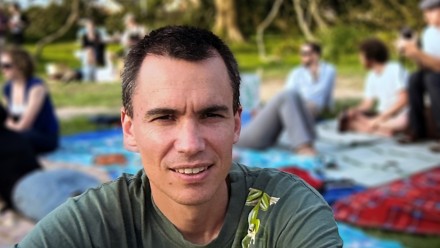Building research capacity at the University of Notre Dame Australia’s School of Medicine (Sydney) to improve chronic disease management in primary health care.
The research focus for this study is osteoporosis (OP) in community-dwelling older adults. APHCRI funding is enabling development of research capacity in primary care at the University of Notre Dame Australia Clinical School by supporting employment of a Post-Doctoral Fellow to be based at the School’s Wagga Wagga Rural Clinical School to assist in the development and implementation of an osteoporosis project in collaboration with the Murrumbidgee integrated primary health care centre and the UNSW Rural Clinical School with ‘in kind’ support from the the University of Notre Dame Australia Clinical School. This aligns with Notre Dame’s key focus area of health research and engagement with the community.
Project aim
To develop a mechanism/tool to improve diagnosis and follow-up treatment of osteoporosis as per Royal Australian College of General Practioners guidelines. Rationale: Prevention and early diagnosis is critical to the optimum management of OP in the primary care setting. In addition, there is no clear flow of information about presentations with minimal trauma factures (MTF) between hospital and general practice. Current discharge summaries often fail to highlight the need for ongoing management. Existing data extraction tools (DET) do not identify MTF and it is difficult to assess whether or not a patient has received a bone density scan (DXA) using DET.
Objectives
1. To develop a mechanism to generate direct advice about diagnosis, investigations and proposed management plan to general practitioners for people discharged from hospital following MTF
2. To develop and pilot a tool that can be incorporated in the GP medical record to use this information to improve the evidence-based diagnosis and treatment of osteoporosis in general practice.
Methods
An audit of current practice will be undertaken to document current GP process and performance in documenting MTF and adherence to guidelines for OP risk assessment and management, together with a review to identify existing tools. The results will inform the development of a data extraction and electronic decision support tool to improve OP risk assessment and management for pilot with several GP practices to assess feasibility and acceptability with a plan for a formal assessment of impact on GP performance indicators through the MML.
Partnerships
- Associate Professor Charlotte Hespe, the University of Notre Dame Australia, Sydney Campus
- Associate Professor Catherine Harding, the University of Notre Dame Australia, Wagga Wagga Campus











